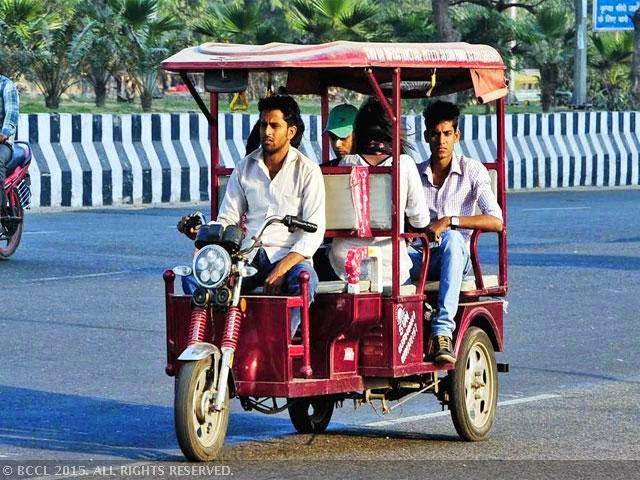The Hyderabad High Court has ruled that a court has the power to receive additional evidence only in exceptional circumstances and only when the court thinks that refusal to receive such evidence would result in failure of justice in a criminal revision case. Even the provision for receiving additional evidence in a criminal appeal has to be sparingly used by courts, the High Court has observed.
Justice R Kantha Rao passed this order while dismissing a revision petition filed by one Y Ram Naresh Naidu challenging the dismissal of his revision petition by the sessions judge of fast-track court at Narsapur in West Godavari district of Andhra Pradesh.
The sessions judge had held that the court of revision dealing with criminal revision petition can only examine the legality, propriety or correctness of the order sought to be revised and there is no specific provision in the CrPC permitting additional evidence in revision petitions and the revision petition was, therefore, not maintainable. The petitioner then approached the High Court challenging the lower court’s order.
As for the case details, the respondent wife filed a maintenance case before the judicial magistrate of first class, Palakol seeking maintenance of Rs 5,000 per month. The petitioner husband filed a counter stating that the respondent was not his wife and she had sufficient means to maintain herself and she had been working at a e-Seva centre earning Rs 3,500 a month besides having a building worth Rs 20 lakh.
After considering the entire evidence adduced on either side, the magistrate granted the woman maintenance at Rs 2,500 a month. Feeling aggrieved, the petitioner husband filed a criminal revision petition before the additional sessions judge, Narsapur with a plea to issue summons to the bank manager concerned to produce the account particulars of the respondent wife. The sessions judge dismissed the petition by holding that there was no specific provision in the CrPC permitting additional evidence in revision petitions and, therefore, the revision petition was not maintainable. Then he moved the High Court challenging the said order.
Citing a judgment in Jaiprakash vs Rudra Prasad case, the counsel appearing for the revision petitioner husband said there is no provision in the code which prohibits the revisional court from receiving additional evidence.
After perusing the material on record and the judgments of various courts, Justice Kantha Rao observed that if the revisional court thinks that if additional evidence is necessary to do justice and also for proper adjudication, it can take additional evidence. In the instant case, both parties let in evidence in the maintenance case.
The revision petitioner husband contended that the respondent was not his wife but failed to prove the same and, thereby, the magistrate granted maintenance holding that the respondent was the wife of the revision petitioner. Later, the revision petitioner wanted to establish that the respondent had some means which would be revealed if the court examined her bank account, and some bank official was examined in that connection.
The judge is of the view that disallowing the petition filed by the revision petitioner seeking to adduce additional evidence is quite appropriate and the said order cannot be interfered with in the present criminal petition.
While dismissing the criminal revision petition, Justice Kantha Rao said, “Even if it is considered that the court of revision dealing with a criminal revision case has power to receive additional evidence, it must be under exceptional circumstances and only when the court thinks that refusal to receive such evidence would result in failure of justice. Even the provision for receiving additional evidence in a criminal appeal has to be sparingly used by the courts.
Therefore, receiving additional evidence in criminal revision case can be said to be very exceptional. The proceedings under Section 125 of CrPC are intended for affording speedy remedy to the wife to obtain maintenance from the husband. If in revision cases, the additional evidence is allowed to be adduced in a routine manner, it would cause undue hardship to the parties seeking maintenance and ultimately it defeats the very purpose underlying Section 125 of CrPC.”











